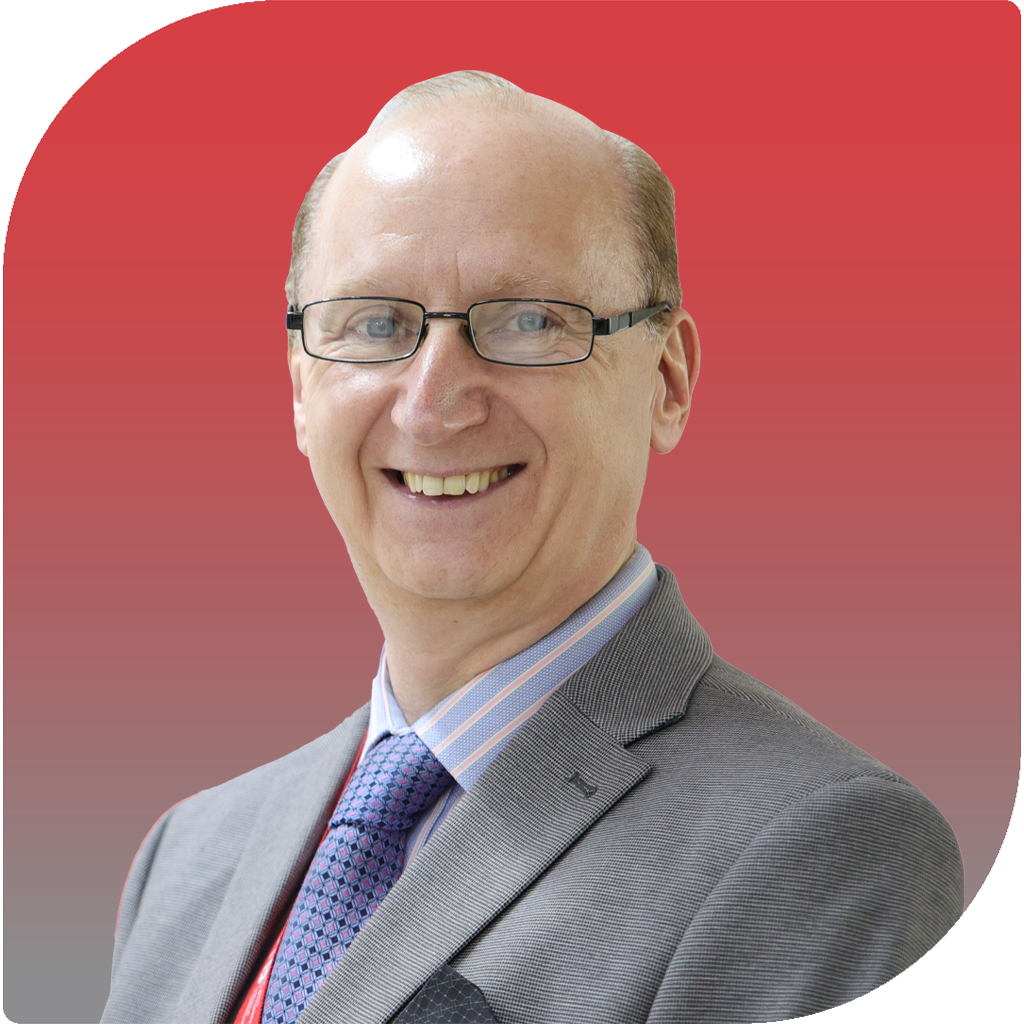The President’s Blog
28/08/2025 2025-09-18 9:37The President’s Blog
The President's Blog
To Teach is to Prompt Reflection
Good teaching isn’t about transferring knowledge from one person to another. It’s about encouraging the learner to pause, to re-examine and sometimes to rethink what they thought they already knew. …
Where Education Meets Markets
This week, something quietly powerful took place in the heart of Bahrain Bay. In a district built around investment, capital and long-term economic vision, education walked through the front door—sat at the table—and began a conversation about access, structure and possibility. …
City Centre Conversations: Supporting Informed Student Decisions.
Last weekend, the wonderful team from Euro University of Bahrain (EUB) spent three days at The City Centre Mall speaking with prospective students and their families. I found it a rewarding experience. Conversations ranged from academic goals to future careers, from financial considerations to campus life. And while everyone’s path is different, one theme kept resurfacing: people want to make a decision they won’t regret. …
Delivering Strategic Plans: Why Culture, Clarity and Ownership Matter
When I wrote Euro University of Bahrain's five-year strategic plan, that was the easy part. Knowing what you want to achieve is one thing. Assembling the teams and making it happen is something else entirely. I quickly realised that culture is critical to delivering strategy operationally. Culture should be viewed as your company’s operating system—the platform used to get things done. …
How do you navigate complex and uncertain problems?
In leadership and research, the toughest challenges rarely have straightforward solutions. Often, you don’t have all the data and the connections between actions and results aren’t always obvious. Human behaviour, for example, can be unpredictable. I've learned that speed—the steady rhythm of trying, learning and adapting—is essential to making meaningful progress amid uncertainty and complexity. …
Professor Andrew Nix is the President and CEO of Euro University of Bahrain. He has published more than 600 international papers and successfully supervised 65+ PhD students. He is well-known for his ground-breaking research contributions that shaped the Wi-Fi and Bluetooth standards. More recently, Professor Andrew’s 5G wireless research is globally recognized for tackling societal challenges related to smart cities, urban transportation and digital healthcare.
Categories
Archives
Popular Tags











